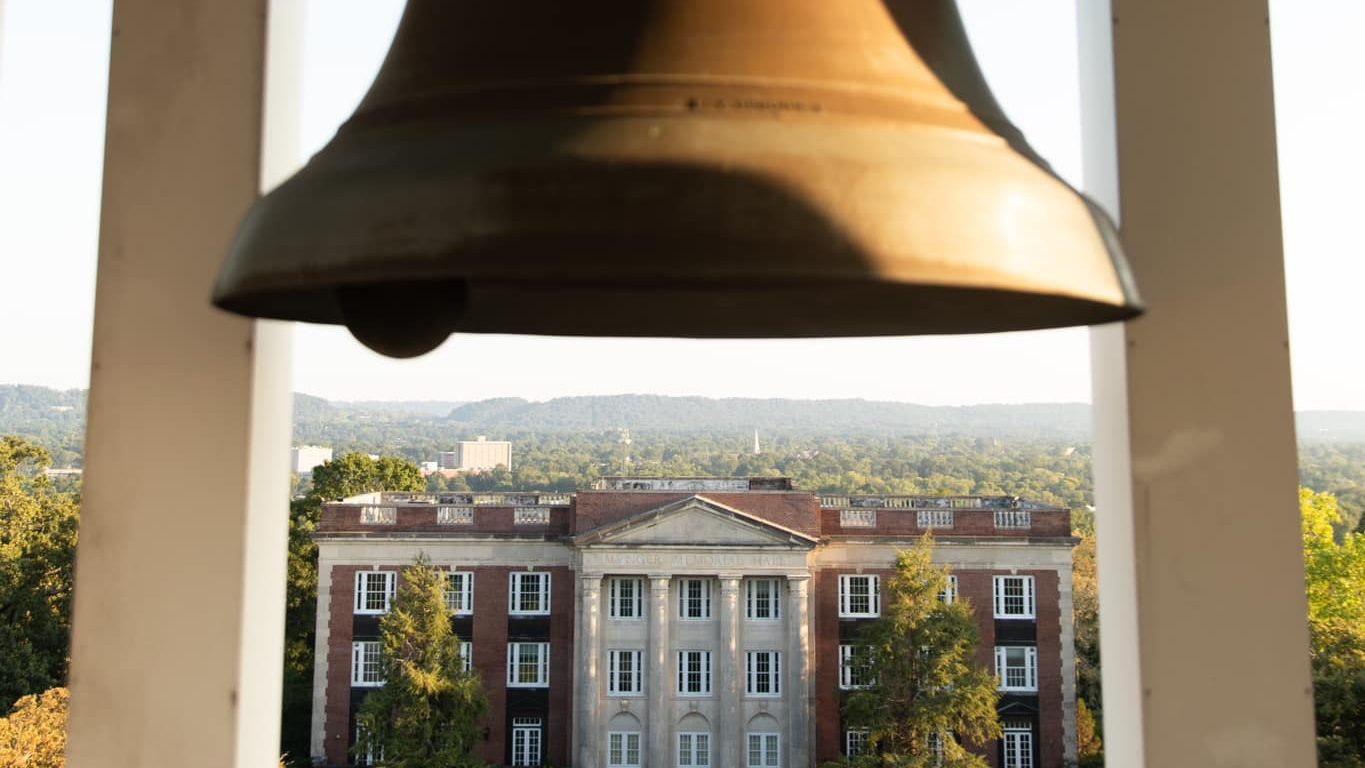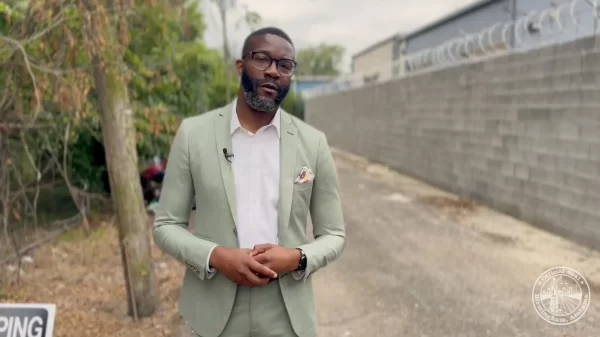|
Getting your Trinity Audio player ready...
|
In a decisive and somber move, Birmingham-Southern College (BSC), a storied institution in the heart of Alabama, announced it will cease operations on May 31, closing a chapter on its rich history that spans more than a century, as first reported by the Alabama Reflector. This decision came after a nearly 18-month effort to secure financial stability through legislative support ultimately fell short. The college’s Board of Trustees made the difficult decision to close the institution following indications from legislative leaders that a bill facilitating a $30 million loan to the college was unlikely to pass the Alabama House of Representatives.
The announcement was met with a profound sense of loss from the college community, including statements from Board Chair Rev. Keith D. Thompson, who lamented the closure as a “tragic day” not only for the college’s immediate family of students, employees, and alumni but also for the broader Birmingham community and the state of Alabama. BSC has been a cornerstone in Birmingham for over 100 years, contributing significantly to the local economy and cultural landscape.
The financial woes of BSC stem from a combination of declining enrollment, overexpansion, the impact of the Great Recession, and the COVID-19 pandemic. Despite these challenges, the college sought legislative assistance in the form of a bridge loan to sustain operations while seeking longer-term solutions. However, these efforts were undermined when State Treasurer Young Boozer, citing concerns over the college’s long-term viability and questioning the institution’s creditworthiness based on his years of experience in the banking industry.
Efforts to amend the administration of the loan program through legislative means gained some traction, with a bill passing the Senate and clearing a House committee. Nonetheless, the proposal faced skepticism among some lawmakers, reflecting broader concerns about the feasibility of using taxpayer funds to bail out private institutions.
The closure is expected to have wide-ranging impacts, from the displacement of students and job losses for faculty and staff to the economic and cultural void left in Birmingham. The college has pledged to prioritize the needs of its students during this transition, making arrangements to maximize credit transfers and ensuring a small group of seniors can complete their degrees.
The reaction from local and national leaders has been one of disappointment and frustration, with Birmingham Mayor Randall Woodfin and U.S. Rep. Terri Sewell expressing heartbreak over the loss of an institution that has played a significant role in shaping leaders and contributing to the community.
This closure is indicative of broader challenges facing small, private liberal arts colleges across the country, which are increasingly vulnerable to financial instability due to reliance on tuition, small endowments, and competitive pressures. Inside Higher Ed and The Hechinger Report highlight a growing trend of college closures, with BSC joining a list of institutions unable to navigate the harsh realities of modern higher education economics.
As the college community grapples with this significant loss, the story of Birmingham-Southern College serves as a poignant reminder of the fragility of institutions that have long been pillars of their communities and the complex interplay of finance, policy, and education in sustaining their legacies.



















































